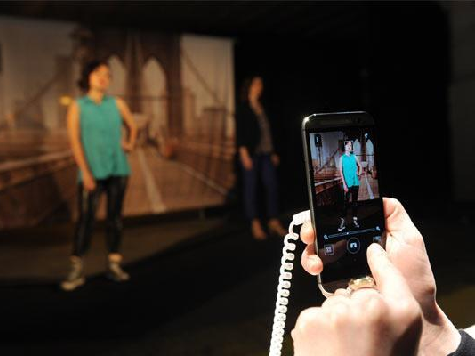According to a psychology professor and photography researcher, the continuous cell phone photographing of life events is depleting a person’s ability to actually remember things.
On Wednesday, National Public Radio (NPR) reported that Maryanne Garry, a psychology professor at the Victoria University of Wellington in New Zealand, has been studying the effects of photography on childhood memories for years. She posits that the photographing phenomenon that has exploded with camera phones is taking people out of the existential moment, causing both the photographer and her subjects to focus more on the act of taking a photo.
“I think that the problem is that people are giving away being in the moment,” the professor says. She asserts that parents taking numerous pictures at the park and photo-documenting their children through all their stages of childhood “are actually paying less attention to the moment.” Garry opines that all of this may be “kind of a loss” for the parents. Unfortunately, she adds, “they’ve got a thousand photos, and then they just dump the photos somewhere and don’t really look at them very much, ’cause it’s too difficult to tag them and organize them.”
Yet what may be even more disturbing is the effect it has on the children. “If parents are giving away some of their role as the archivist of the child’s memory, then they’re giving away some of their role as one of the key people who helps children learn how to talk about their experiences,” Gary claims.
According to NPR, Psychologist Linda Henkel, a human memory researcher at Fairfield University in Connecticut, was struck by the paradox that we may be experiencing less as we record more. She tested that notion by conducting a research of groups of her students at the campus art museum allowing them to photograph some of the artwork and in other cases letting them simply observe the art without photographing. The result was what she refers to as “photo-taking impairment effect.”
“The objects that they had taken photos of — they actually remembered fewer of them, and remembered fewer details about those objects. Like, how was this statue’s hands positioned, or what was this statue wearing on its head. They remembered fewer of the details if they took photos of them, rather than if they had just looked at them,” Henkel explained. The Fairfield University researcher concludes that, “Human memory is much more dynamic than photographs are capable of.”

COMMENTS
Please let us know if you're having issues with commenting.